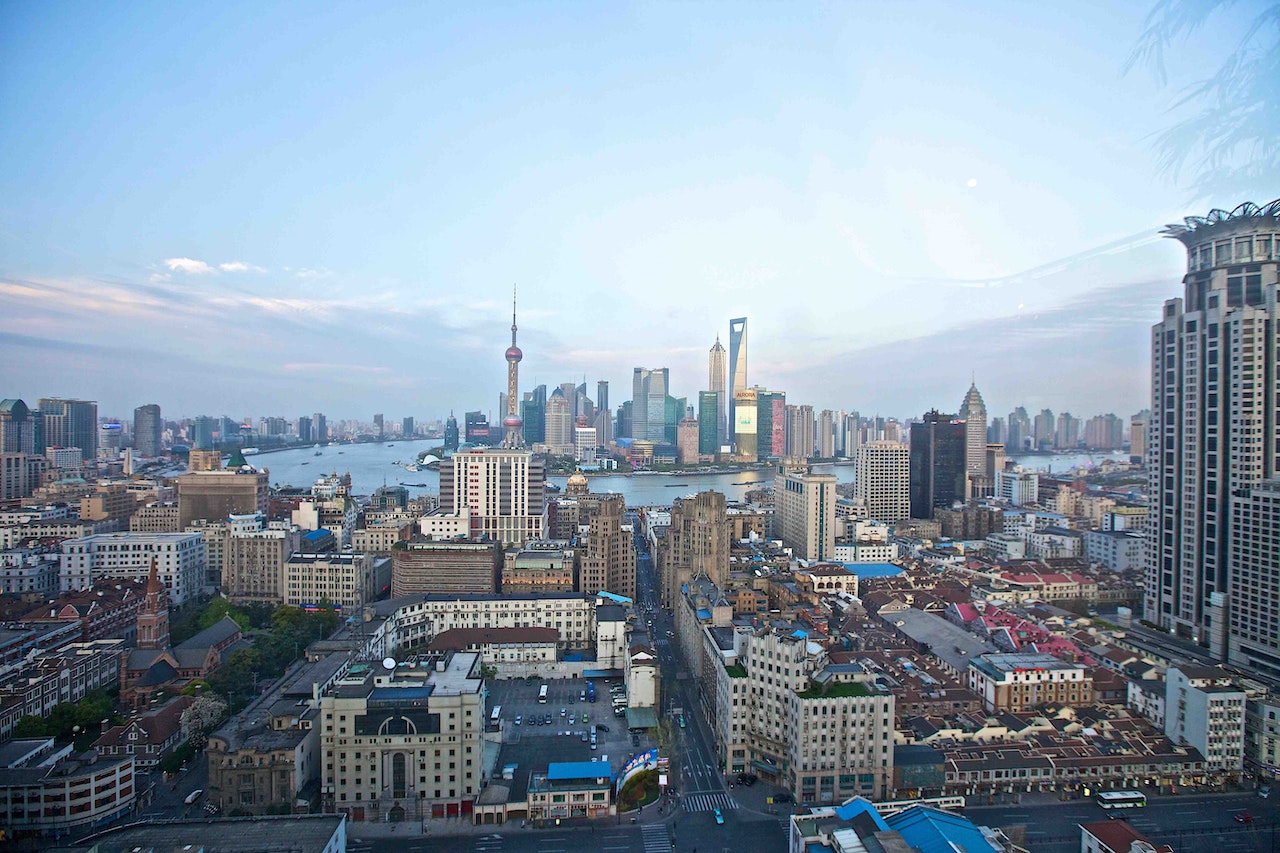Chinese property stocks suffered a severe setback on Monday, marking their most substantial decline in nine months. This dramatic downturn was driven by mounting fears of a potential liquidation of China Evergrande Group, compounded by fresh evidence of stress permeating throughout the industry. Investors are left grappling with the repercussions of a 7.1% plunge in a Bloomberg Intelligence gauge of developer shares, resulting in a staggering loss of nearly $56 billion in valuation for the year, while Evergrande’s value plummeted by a daunting 22%.
China Aoyuan Group Ltd. emerged as the chief catalyst behind the index’s nosedive, experiencing an unprecedented drop of 72% after its shares resumed trading following an 18-month suspension. The timing of this selloff is critical for developers who had been pinning their hopes on a resurgence in home sales ahead of the imminent Golden Week holiday period set to commence this Friday. Yet, investors are now bracing for further turmoil within the ailing sector, as the policy-driven rally since late August dissipates more rapidly than initially anticipated.
Market sentiment took a palpable hit after China’s securities regulator initiated an inquiry into Ping An Real Estate Co. regarding an overdue loan payment. Additionally, China Oceanwide Holdings Ltd. revealed its precarious position as it faces the possibility of liquidation. Growing concerns now revolve around the imminent default of Country Garden Holdings Co., further exacerbating the sector’s predicament.
In response to these escalating challenges, policy makers are racing against the clock to counteract the precipitous decline of developers. There is mounting apprehension that the ongoing crisis may soon ripple through local commercial banks, continuing to exert downward pressure on home prices and potentially eroding consumer confidence.
The reverberations of this crisis are already palpable in commodity markets, with construction companies retreating from restocking activities in the lead-up to the holiday season. Even developers with relatively robust balance sheets are not immune, as Moody’s Investors Service has recently placed two investment-grade companies under review for possible downgrades. The repercussions are felt not only in stock prices but also in bond markets, with high-yield developer bonds witnessing a 0.25% dip just last week. Furthermore, the CSI 300 Index experienced a 0.7% drop, and the Hang Seng gauge of Chinese shares tumbled by 2.1% on Monday.
Amid this turmoil, China’s property junk bonds, which often trade well below their face value, remained largely unchanged on Monday. Conversely, Ping An Real Estate’s 2.75% note due in 2024 recorded a significant plunge of 5.8 cents, falling to 73.8 cents as of 2:50 p.m. in Hong Kong, according to data compiled by Bloomberg.
With policy support diminishing rapidly and a slew of impending worries casting shadows over the sector, Chinese property stocks now confront their most formidable challenge in the Far East since the onset of the pandemic. The market’s trajectory in the coming weeks will be closely watched as investors and policymakers navigate the tumultuous waters ahead.
Source: Bloomberg



